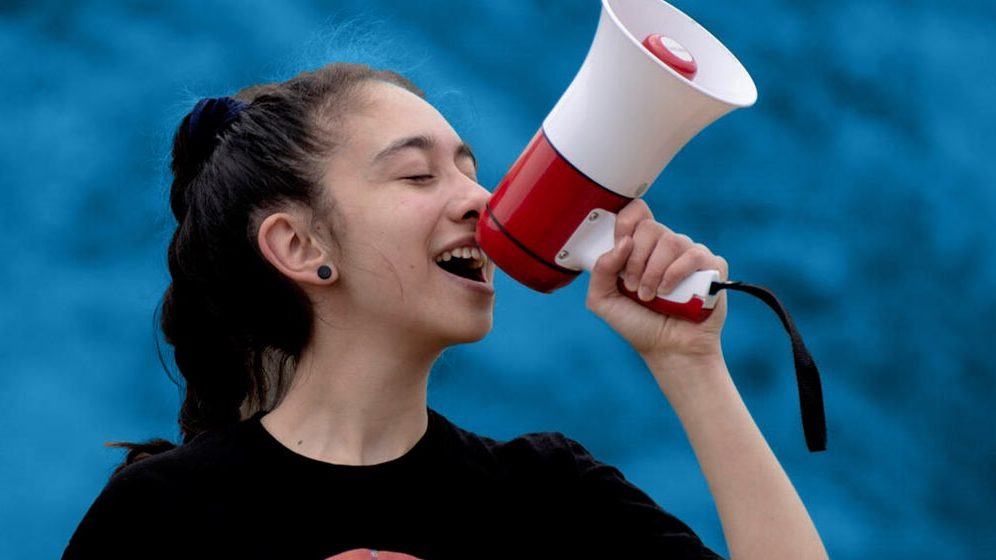Why these elections matter…
2024 will be a year of elections across the globe, which will shape our actions and attitudes as citizens of the world for years to come. In Ireland, those of voting age and above will be asked to vote in two elections, at the European and Local level.
The European elections have a pivotal impact on young people, shaping the policies of not just their own countries but those of the entire European Union; influencing the lives, attitudes and opportunities of millions of young people across Europe.
The European Parliament plays a vital role in setting agendas related to education, healthcare, social inclusion, and the environment on a massive scale.
By engaging in the public discourse ahead of polling day, young citizens can influence policies that affect their lives and those of their European neighbours by advocating on issues affecting the rights and well-being of children and young people across Europe.
Local elections provide young advocates with the opportunity to influence policies that impact their local communities and wider Irish society. In this year’s Local Elections, the key issues are predicted to include housing, immigration and climate change.
As citizens, we need to educate ourselves on these issues and compare policies put forward by politicians in these areas before deciding who to support. Decisions made by elected officials will have a significant impact on our daily lives.
By advocating across their networks and local communities, young advocates can help to lay the foundations for the future they want, fostering equality, inclusivity, and environmental consciousness across the country.
How you can use children’s rights to influence the elections…
Understanding children’s rights is crucial for effective advocacy and positive societal change. The United Nations Convention on the Rights of the Child (UNCRC), established in 1989, lays out a comprehensive set of rights covering survival, development, protection, and participation for individuals under 18.
Key Principles of the UNCRC
The UNCRC operates on four fundamental principles: non-discrimination, the best interests of the child, the right to life, survival, and development, and the right to be heard. These principles form the foundation of the entire convention, emphasizing the intrinsic dignity and equality of all children.
Using the UNCRC as a Tool for Advocacy
The UNCRC provides a robust framework for advocating on behalf of children and youth. By familiarising yourself with its principles and articles, advocates can effectively communicate the needs and priorities of children across various contexts. Using the UNCRC empowers advocates to hold duty-bearers accountable for upholding their obligations to respect, protect, and fulfil children’s rights.
Rights Based Language and Advocacy
Rights-based language plays an important role in advocating for vulnerable populations, like refugees. Framing discussions within human rights principles fosters empathy, understanding, and solidarity. Rights-based language helps navigate complex issues, emphasising the inherent dignity and worth of every individual, irrespective of their circumstances. For example, Instead of saying: “We should help refugees because they are in need.” Say…


